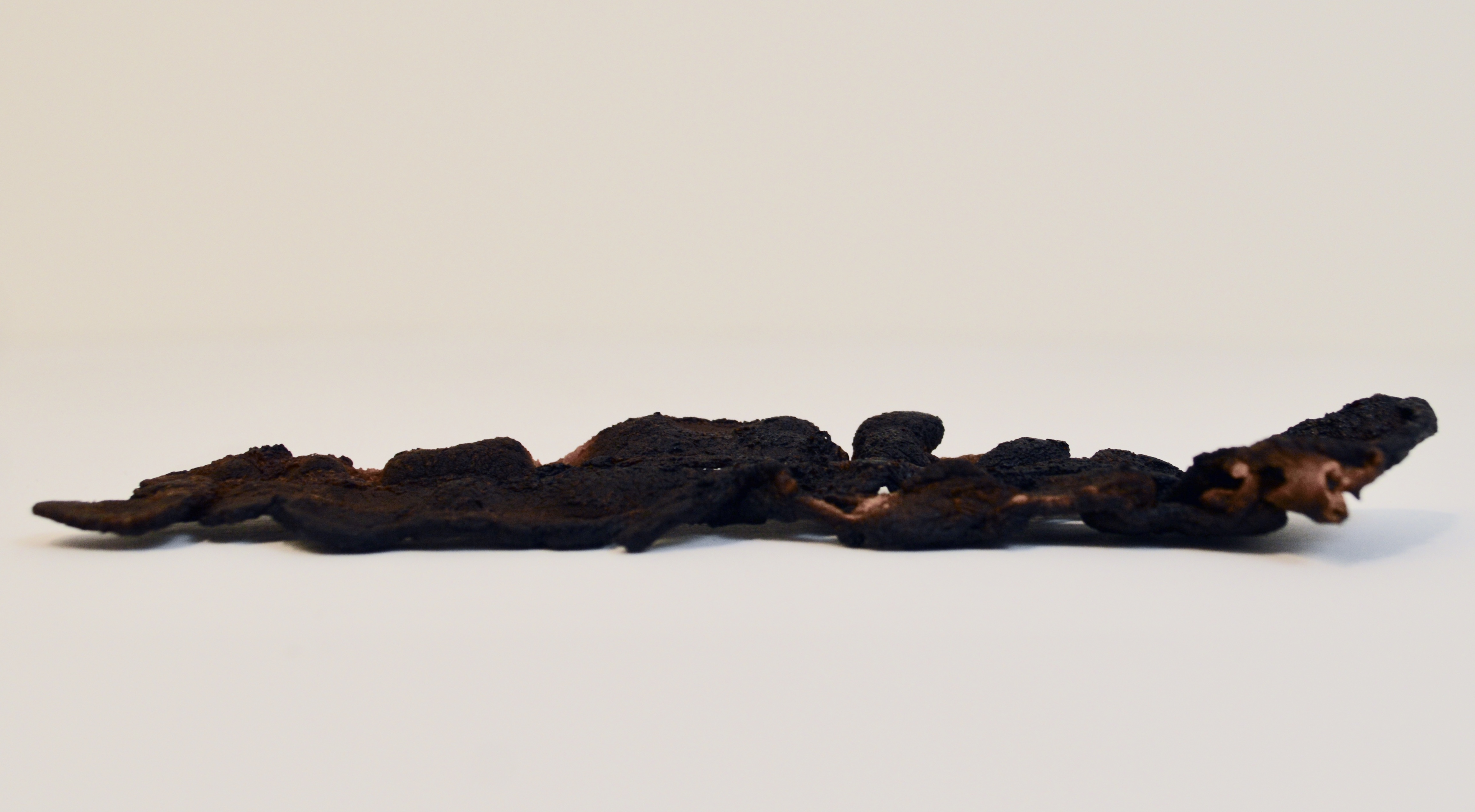Idols of the Tribe

Francis Bacon was concerned about the variety of errors humans make that stand in the way of objective observation and scientific understanding. He argued that there are some false idols that one must avoid if the goal is to truly understand something. One false idols that Bacon tried to expose was that of inherited knowledge. In Bacon’s time, people believed that something was true because someone important had said it. A lot of scholars mined ancient texts in order to discover the hidden truths they contained. Kings and religious leaders exerted certain truths were by virtue of their authority. Believing such sources as truth risks accepting one kind of false idol, Bacon argued.
Bacon identified other false idols, including the Idols of the Tribe. The Idols of the tribe
reflect and derive from what is common to all of us, from our very nature, as humans, as a “tribe.” Humans are imperfect instruments to comprehending truth and by our very nature, don’t always reason correctly. We make errors not just because of the type of person we are, but because we are people at all. Any approach to scientific knowledge must start with that understanding. (https://fs.blog/2016/05/francis-bacon-four-idols-mind/ )Idols of the Tribe result from human error, which always poses a threat and stands in the way of scientific understanding and observations. In short, humans are fallible and errors are to be expected. As humans, our tendencies toward forgetfulness, inattention, poor motivation, carelessness, negligence, and recklessness. This shared, common the tendency to rush, to be inattentive, burning the bacon is a common experience because it reflects tendencies common to all. (Reason J. Human error: models and management. West J Med. 2000;172(6):393–396. doi:10.1136/ewjm.172.6.393)
https://www.cntraveler.com/story/paris-truffle-found-in-rooftop-garden